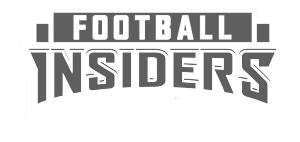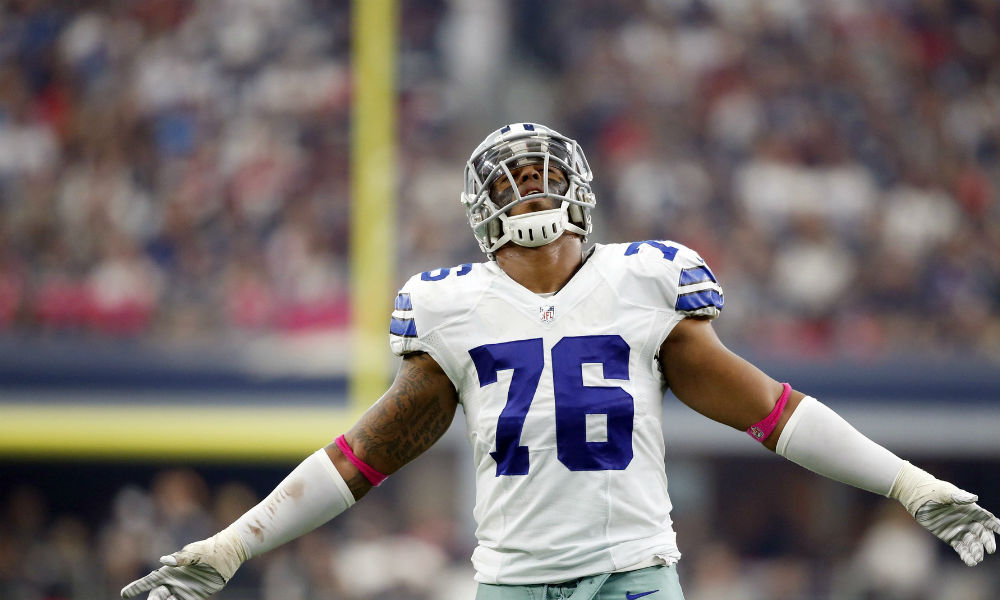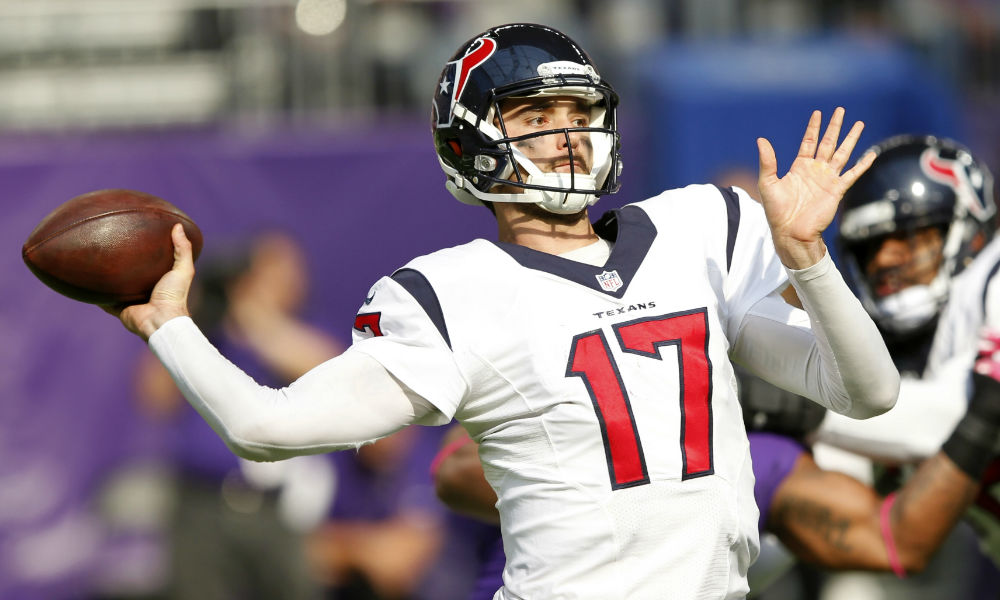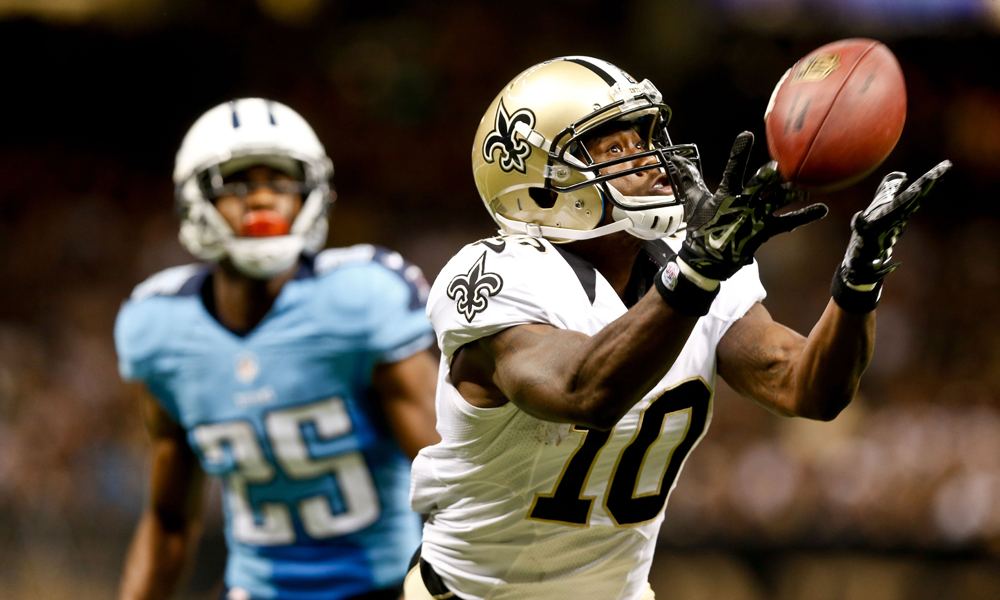News
In the Worst Circumstances, La’el Collins Entering the NFL on His Terms
La’el Collins is the biggest undrafted free agent ever, and it might be a blessing in disguise
There are no winners here.
Former LSU offensive lineman La’el Collins was a sure-thing, first-round prospect in this year’s draft. He could have potentially gone in the Top 10 of the entire draft. In fact, the New York Giants picked No. 9 and selected Miami offensive lineman Ereck Flowers, who is a good lineman prospect, but a step below Collins in every respect except for this particular off-the-field incident.
Collins was sought for questioning by Baton Rouge police in connection with the double murder of Brittany Mills, 29 and her child Brenton Mills, eight months in utero. Mills is believed to be a former girlfriend of Collins and the child may have been his. Both deaths were ruled as homicides, and Collins both has an alibi and is not considered a suspect after talking to police the Monday following draft weekend.
It is both crass and inhuman to have a discussion about this event solely in terms of what it means for Collins and his “draftability.” How dare we? The Mills family has lost a mother, a daughter, a sister and a grandchild. Football matters little in comparison to human life, and a life lost is more important than potential career earnings.
It’s important to keep that in perspective as we discuss Collins’ situation moving forward.
In a small, much more insignificant way than Brittany, Brenton and their family, Collins currently appears to be a “victim” here as well. The timing and context of this situation—right before the draft and right after the NFL’s public embarrassment in the Aaron Hernandez trial—almost assured that Collins would not be drafted as high as he ought to have been, even if he had nothing to do with the murder.
Any connection to an event so vile frightened NFL executives whether or not they believed Collins hand anything but a nominal role in the story.
A quick survey of NFL sources over the weekend led to the same phrase over and over, “We don’t think Collins had anything to do with it, but…”
That “but…” preceded any number of concerns from mundane to outlandish, but what it really represents is the unknown, and NFL teams hate the unknown. They spend millions of dollars in the NFL between the teams and league offices to research every little red flag (character, medical and otherwise) before investing years, money and roster spots on these draft picks.
The unknown is scary.
Whereas the Mills’ loss is staggering and immeasurable, Collins’ financial impact because of this situation can be quantified in dollars and cents.
According to NFL draft slotting, Collins could have made upwards of $10 million on his first NFL contract and will likely make only $1 to $1.5 million as an underrated free agent. Part of this situation was exacerbated by Collins agents reportedly telling teams not to draft their client in the middle to late rounds because they could not commit to him signing their contract as his conversation with Baton Rouge police was still pending.
Critics will say that Collins’ decision cost him a lot of money.
In a way, though, it could be a blessing in disguise.
This, too, is another way in which it’s tough to listen to discussions of the double murder as something which is important only to Collins. See, there is no possible upside to the loss of innocent life. The loss of Brittany and Benton Mills will never be rectified, regardless of any investigation, trial, judgement or sentence.
Time heals all wounds to a degree, but some are never fully closed.
For Collins, think less about the rookie deal and more about long-term NFL earnings.
Had Collins been drafted in the middle rounds of the draft, he could have ended up in any number of situations beyond his control. Hypothetically speaking, he could’ve been stuck behind a talented veteran, in an unfavorable positional switch, on a terrible team with no direction, in a bad scheme fit or with an untalented positional coach.
Remember what the draft is: It’s a owner-favorable control placed on influx of labor.
Put another way, the draft is entirely about restricting the flow of players into the league for purposes of parity and salary controls. If all draft eligible players were simply made available to teams en masse it would result in both the further formation of “haves” and “have-nots” as well as bidding wars for the best players.
The draft cannot happen in other walks of life, because it is inherently restrictive to workers. Think for a moment on what life would be like if graduates at top schools across the country had to be “drafted” into labor, with unsuccessful firms and start ups got the best of the best while the Googles, Facebooks and Goldman-Sachs of the world got what was left.
It doesn’t make any sense, except in American sports…where it still doesn’t make any sense, but we live with it and have learned to love it.
Ask any undrafted free agent—I have—how they felt in the sixth and seventh rounds. It’s not, “I really hope someone drafts me.” No, quite the opposite. As the draft picks trickle out—barely noticed by the ESPN or NFL Network crews that are still talking about Day 1 picks—the phone calls start. Interested teams start trying to set up underrated free agency long before the draft is even over, and sometimes the worst thing that can happen is for another team to snatch him up with a low pick so he can’t go to the team of his choice.
The second and third contract of a player’s career is so much more important than his rookie deal.
Collins, a world-class talent, is betting on himself with this undrafted free agency ploy. He’s getting the same sort of treatment from NFL teams that soccer stars get on the national stage, or Cuban players entering Major League Baseball. 32 teams, right now, are having discussions about adding La’el Collins and he’s going to get to tell some of the most interested ones that he’s not interested in return.
In short: He’s betting on himself.
Are their negatives in terms of initial earnings? Absolutely.
Are there long-term risks if he gets injured? Correct again.
Yet, there are ways to mitigate those risks. Athletes have access to both high-end insurance policies and loan opportunities us common folk never will. Frankly, the difference in being a high-profile free agent signing (which is clearly happening even though he’s technically undrafted) rather than a draft pick could result in endorsement earnings and other off-field opportunities that could make up the difference.
This is finding a silver lining for the ways Collins was affected by this tragedy.
Collins could not change the circumstances surrounding his draft fall, so he’s making the most of it in as unique a way as the NFL has ever seen.
News
Buccaneers admit mistake, boot Aguayo
Source: Mike Florio of ProFootballTalk
Powered by WPeMatico
News
Did Bucs put too much pressure on Aguayo?
Source: Mike Florio of ProFootballTalk
Powered by WPeMatico
News
Broncos holding their breath on Derek Wolfe
Source: Mike Florio of ProFootballTalk
Powered by WPeMatico




